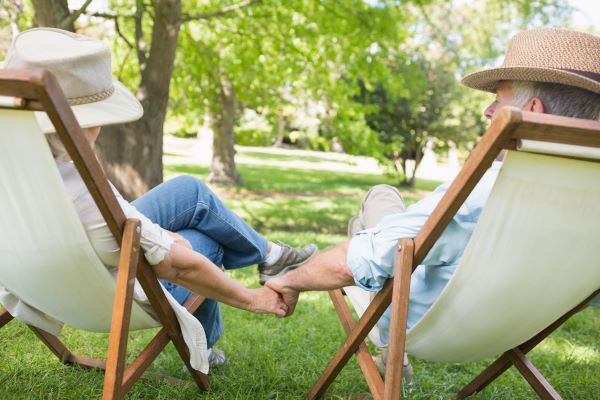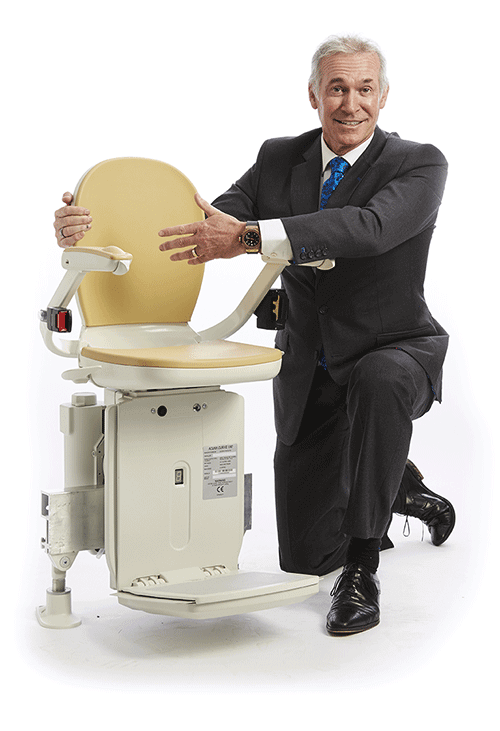Retirement is often seen as a long-awaited reward—more time for yourself, your family, your passions, and your well-earned rest. But what many don’t expect is how emotionally complex this stage of life can be.
Alongside the freedom of retirement, some people feel a deep sense of loss—whether from a change in identity, daily routine, or even the passing of a loved one. It’s a time of transition, and for many, grief can be a very real part of that process.
At Acorn Stairlifts Australia, we understand that retirement isn’t always easy—and grief during this time is more common than you might think. But there are ways to cope with these changes, find comfort, and move forward.
6 Supportive Ways to Cope with Grief After Retirement
1. Recognise That Grief Can Take Many Forms
Grief isn’t just about losing a loved one. It can also come from saying goodbye to a job, a role, a daily structure, or a lifestyle that brought meaning and purpose.
You might be grieving:
- The loss of identity after leaving work
- Reduced social interaction or sense of purpose
- Changes in mobility, independence, or health
- The passing of friends, a partner, or family members
Whatever you're feeling—it’s valid. Recognising it is the first step toward healing.
2. Create a Routine That Feels Grounding
When work is no longer part of your schedule, the days can feel open-ended. Creating a new rhythm for your time can help you feel more in control and emotionally balanced.
Try:
- Starting the day with a walk or time in the garden
- Taking a regular class or joining a local group
- Planning weekly catchups with friends or family
- Volunteering or learning something new
Even simple routines can add structure and meaning to your days.
3. Speak Openly About What You’re Going Through
Grief can feel isolating, especially if those around you seem to be celebrating retirement while you’re struggling with it. But you’re not alone—and talking about how you feel can really help.
Reach out to:
- A trusted friend, family member, or neighbour
- A therapist or counsellor
- A support group for bereavement or retirement transitions
- A community centre or local service organisation
Sometimes, just having someone listen makes all the difference.
4. Honour Your Past While Embracing the Present
You’re allowed to miss what was—and also to look forward to what’s ahead. Honour your memories while creating space for new ones.
You might:
- Create a photo album of your career or family memories
- Try a hobby you’ve always been curious about
- Write down favourite stories or reflections
- Start a new tradition with your loved ones
Grieving doesn’t mean stopping—it means adjusting, at your own pace.
5. Look After Your Body as Well as Your Mind
Grief can impact your physical health—causing fatigue, changes in appetite, or aches and pains. That’s why caring for your body is just as important as caring for your emotions.
Support your well-being by:
- Eating regular, healthy meals
- Moving daily, even if gently
- Keeping up with checkups and medications
- Creating a safe and comfortable home environment
If stairs have become difficult to manage, a stairlift can help you stay independent and confident at home.
6. Accept Help When You Need It
You don’t have to do this alone. Accepting help—whether emotional, practical, or physical—is a sign of strength, not weakness.
This might mean:
- Letting friends or family lend a hand
- Seeking out professional support or home assistance
- Making your home more accessible
- Saying “yes” when someone offers to listen or be there for you
There’s no shame in needing support—and you deserve to feel safe, comfortable, and cared for.
A New Chapter Doesn’t Mean the End—Just a Different Beginning
Grief in retirement is more common than many realise. But with support, routine, and self-compassion, you can find joy, purpose, and connection again.
At Acorn Stairlifts, we’re here to help you move safely and confidently through life’s transitions—one step at a time.

